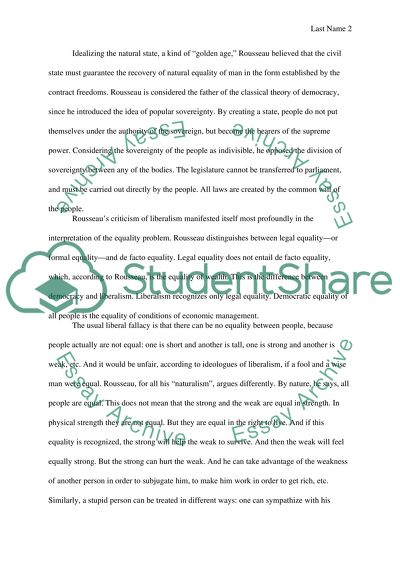Cite this document
(“Rousseau, Marx, and the Critique of Classical Liberalism Essay”, n.d.)
Retrieved from https://studentshare.org/philosophy/1451548-rousseau-marx-and-the-critique-of-classical
Retrieved from https://studentshare.org/philosophy/1451548-rousseau-marx-and-the-critique-of-classical
(Rousseau, Marx, and the Critique of Classical Liberalism Essay)
https://studentshare.org/philosophy/1451548-rousseau-marx-and-the-critique-of-classical.
https://studentshare.org/philosophy/1451548-rousseau-marx-and-the-critique-of-classical.
“Rousseau, Marx, and the Critique of Classical Liberalism Essay”, n.d. https://studentshare.org/philosophy/1451548-rousseau-marx-and-the-critique-of-classical.


